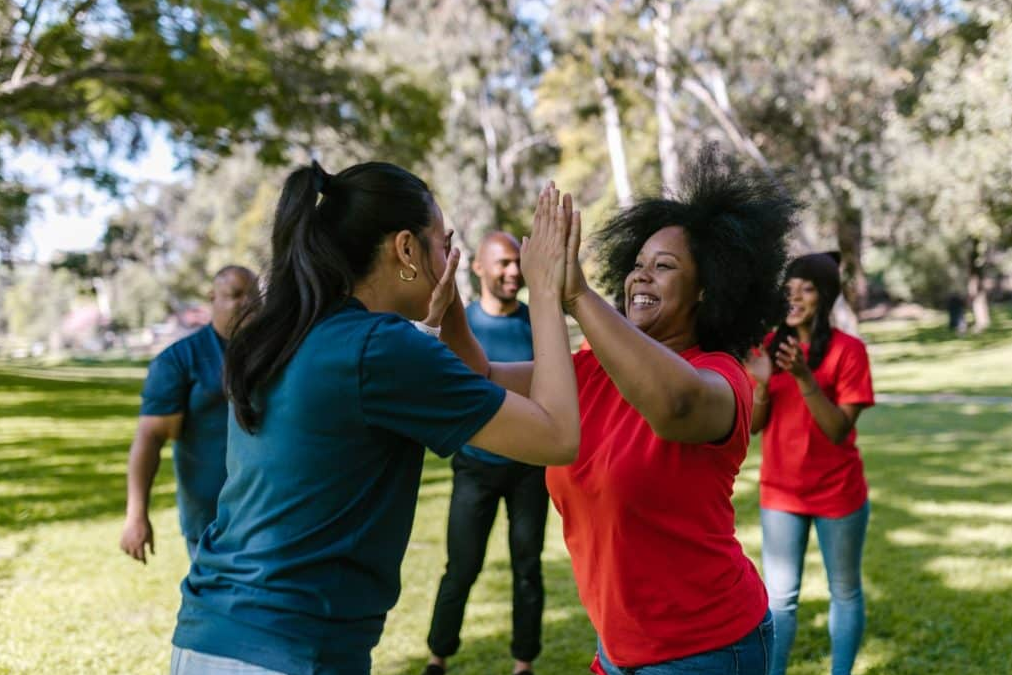A ropes course. A bowling night. A single afternoon of team-building exercises followed by pizza. It’s a nice break—but let’s be honest: it rarely moves the needle in any lasting way.
That’s because real team development doesn’t happen in a day. It happens over time, through consistent effort, and with a strategy that goes far beyond occasional events.
The Problem with “One and Done”
One-time team-building sessions can be fun. They may even spark a short-term morale boost. But without follow-up or integration into your team culture, they’re likely to fade into “remember when?” anecdotes.
Lasting team cohesion requires more than one shared experience. It needs ongoing connection, communication, and a commitment to continuous improvement.
What Ongoing Team Building Looks Like
It doesn’t mean planning a retreat every month. In fact, ongoing team building can—and should—be part of your day-to-day operations.
Here are a few ways to make it stick:
- Regular check-ins and feedback loops
Create space for team members to reflect, speak up, and support one another consistently—not just during formal reviews. - Skill-based workshops and learning together
Investing in training that aligns with team goals shows you value growth—and builds camaraderie through shared learning. - Purpose-driven collaboration
Encourage cross-functional projects or peer mentorships that build trust while accomplishing real work. - Recognition that feels real
Celebrate contributions regularly and personally. Consistent, authentic recognition fosters connection and motivation.
Why It Matters
Ongoing team building keeps communication open, strengthens working relationships, and creates a healthier team culture. It also makes your workplace more resilient when challenges arise—because trust isn’t something you can build overnight.
“The best teams aren’t built in a day. They’re built every day.”
Where to Start
If your team building strategy consists of scattered events with no follow-up, it’s time to shift gears. Start small: add a structured reflection time after each project. Bring in outside facilitators for skill-building workshops. Make team development a regular agenda item—not an afterthought.
Because the teams that grow together, stay together.




